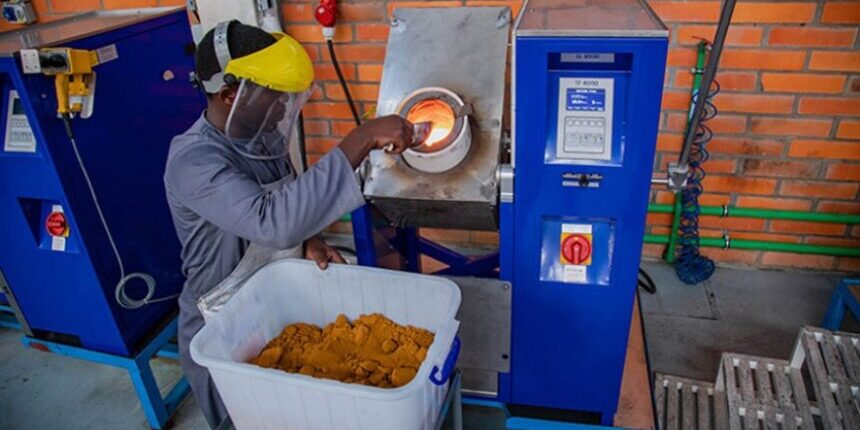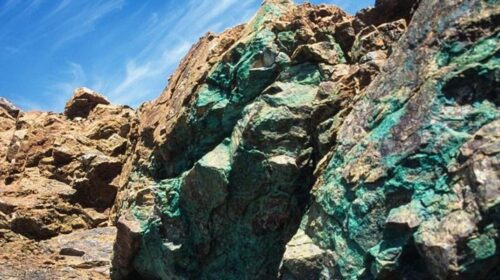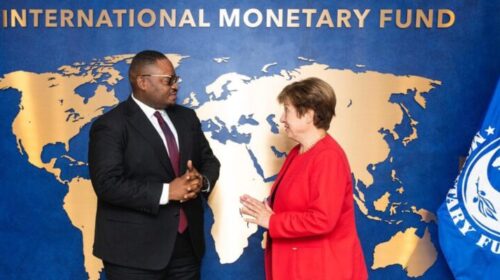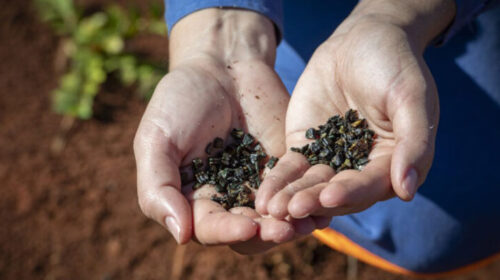RWANDA aims to become a mining industry hub under the DRC’s beard
Unlike many African countries including the DRC, Rwanda has implemented reforms designed to make industrialization a real lever for the development of its mining sector. To achieve this objective, the country of Paul Kagame has developed since 2017 the “National Strategy for Transformation” which sets clear objectives to be reached by 2024 at the latest.
Kigali gives priority to investments that bring added value to the country’s mining products, particularly 3Ts: tin, tantalum and tungsten. With this in mind, the country is counting on the construction of a large number of factories intended to melt cassiterite into tin, to refine wolframite to obtain tungsten, to transform tantalite into tantalum.
Focus on the value chain
Moreover, Rwanda already has a foundry capable of refining large quantities of gold. Here, Rwanda wants to attract all the gold production of the sub-region to give it added value. Better, Kigali aims to embark on the cutting and polishing of precious stones. Here, it is a sector little exploited by African countries, including the DRC which is a geological scandal with precious stones of all kinds.
Rwanda understood that the creation of an efficient value chain for the processing of mining products would lift it into a destination that would attract in particular African mining producers including countries in the sub-region, and therefore mainly the DRC.
And so, to attract investment, in addition to its new mining code adopted in 2018, the country of Paul Kagame has set up Rwanda Mines, Petroleum And Gas Board (RMB). This institution is responsible for coordinating the actions of the government in the mining and hydrocarbons sector and advises the State on the means to be implemented to develop them.
Similarly, since 2008, the Rwanda Development Board (RDB), the body responsible for supporting and promoting investments in the country, has been responsible for setting up an incentive regulatory framework for the development of the sector. mining.
In Rwanda, investors benefit from a corporate income tax exemption of up to 7 years for a minimum investment of 50 million USD. For companies working on projects to export processed minerals on Rwandan soil, they benefit from a preferential tax of 15% on income, up to 50% of turnover. The same is true of mining equipment which is exempt from taxes.
The DRC must capitalize on its strengths
Suffice to say that Rwanda is gradually building its economic sphere with the ambition of becoming a mining industry hub both in the sub-region and on the African continent.
However, it must be said that the recently established mining industry in Rwanda is often fueled by smuggled minerals from the DRC. Whether gold or rare earths, these minerals cross the border of the DRC to end up in Rwanda. Just one example, the Congolese customs could only record barely 3kg of gold for export during the entire first half of 2020 in the eastern part of the DRC. Documented investigations estimate up to 15 tons of gold flowing out of the DRC by fraud mainly through the eastern part.
Be that as it may, while Rwanda is sweeping up in front of its court, the DRC will have to effectively implement all the reforms initiated by its new Mining Code of March 2018 but also effectively fight against the illegal exploitation of its minerals, much of which ends up in Rwanda. Already, it is a good thing that the Minister of Mines of the DRC has taken a moratorium on the processing of cobalt concentrate. It will simply be necessary to extend this measure to all the main export minerals from the DRC.
![]()





